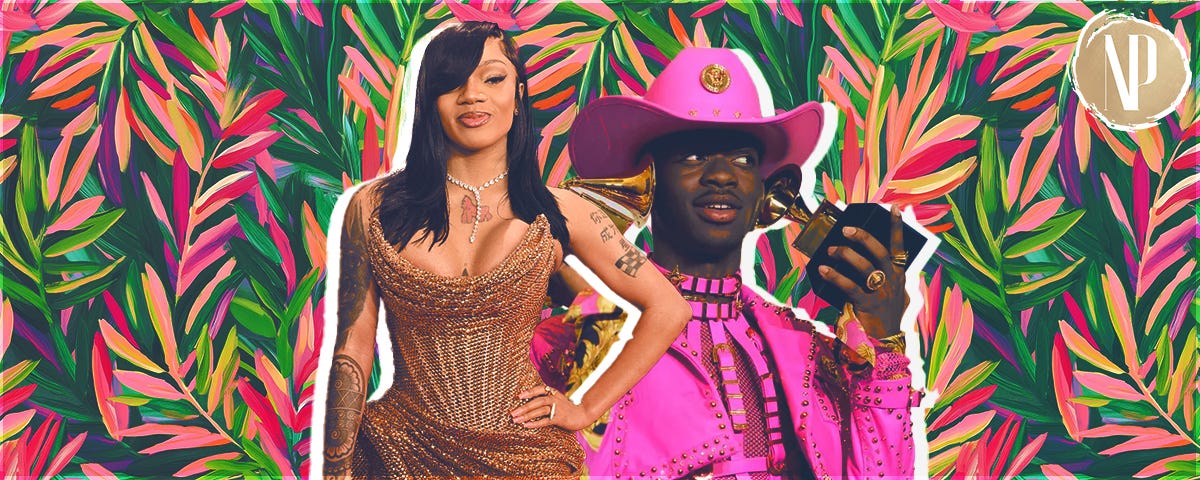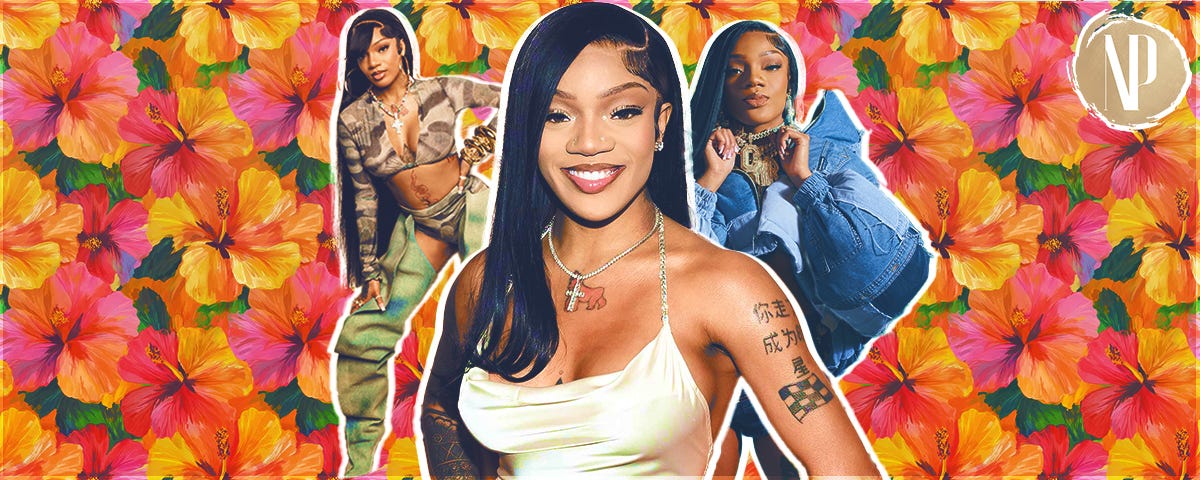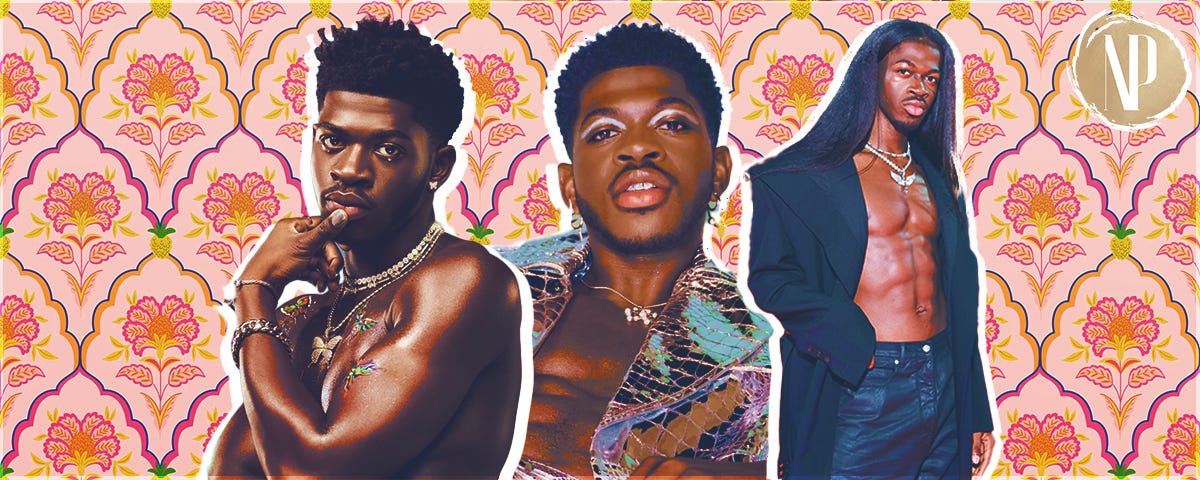The Peril of Persona: Intention and Ignorance
GloRilla and Lil Nas X show how celebrity heightens scrutiny, turns private crises into public spectacles, and makes lapses into defining trials.
Thank you for patiently waiting for another column from NYRAD Publishing. Please enjoy!
Performers, especially rappers and other entertainers, often make careless—or sometimes clearly questionable—choices that jeopardize the very cultural zeitgeist that helped them rise. Building momentum that pays off takes patience and hard work; keeping it at a large scale invites scrutiny, brokers, and pressure to adopt unfamiliar agendas. Multiple personas are typical, especially among artists backed by wealth, but that diversity blurs the line between performance and authentic self. Amidst the chaos of fame, it becomes harder to find the genuine self, even before an impulsive or calculated decision results in consequences with legal or life-changing impact, whatever the circumstances.
Consider GloRilla—born Gloria Hallelujah Woods. From austere, unconventional beginnings, she transformed the constraints of a marginalized upbringing into a driving force through craft, ambition, and open-hearted faith. Her brash, Memphis-rooted vernacular did not narrow her appeal; it honed a distinct persona even as networks, sponsorships, and entry into selective rooms expanded her reach. Collaborations with Megan Thee Stallion and a brand tie-up with Rihanna’s Fenty Beauty mark clear inflection points, recalibrating both image and repertoire.
The momentum shifted in July, when she was swept into an episode unrelated to her DUI arrest the previous April. According to reports, while she was out, Atlanta police responded to her home early Sunday after three suspected intruders attempted to force entry. Officers who entered allegedly found “a significant amount” of marijuana, and she was later booked on two counts: drug possession and possession of a controlled substance. She turned herself in at the Forsyth County Jail, posted a $22,260 bond, and—true to form—voiced her frustration across social media:
"CRAZY!! My House got Home Invaded Saturday […] While I was in Indianapolis performing for the WNBA all star game & instead of focusing on finding the suspects, they focus on some cannabis."
Conflicted personas have lately shadowed another star, Lil Nas X—born Montero Lamar Hill. Tabloids including TMZ and Page Six, citing an LAPD spokesperson, reported that officers were called to Ventura Boulevard after complaints about a man wearing only underwear and cowboy boots. Police transported him to a hospital on suspicion of overdose, and he later spent the weekend in custody. He has since pleaded not guilty to four felony counts—three alleging battery with injury on a police officer and one alleging resistance of an executive officer—after authorities said he assaulted officers attempting to detain him. His father disputes any overdose, framing the episode as an emotional collapse born of fame’s pressure.
Different cases, similar volatility. Both incidents stirred controversy that blurs distinctions between persona and person, privilege and responsibility. Whatever one’s sympathies, GloRilla and Lil Nas X—like any public figure—remain human and fallible. Our parasocial expectations inflate fantasies, invite intrusion, and amplify missteps. Yet celebrity also magnifies accountability: fleeting choices carry outsized consequences, particularly for those drafted—without consent—into the role of exemplar.





